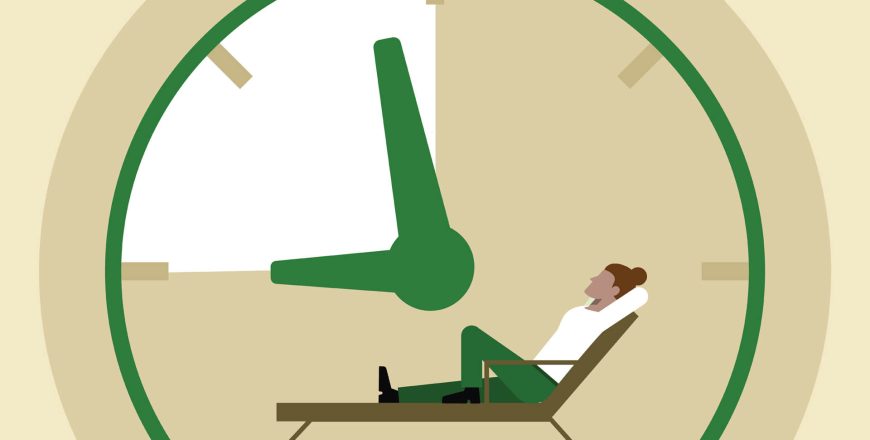
- Curriculum
- Reviews
SECTION 1: INTRODUCTION TO STRESS MANAGEMENT
SECTION 2: UNDERSTANDING THE CONCEPT OF STRESS
SECTION 3: STRESS AND WORKPLACE
Stars 5
3
Stars 4
2
Stars 3
0
Stars 2
0
Stars 1
0




